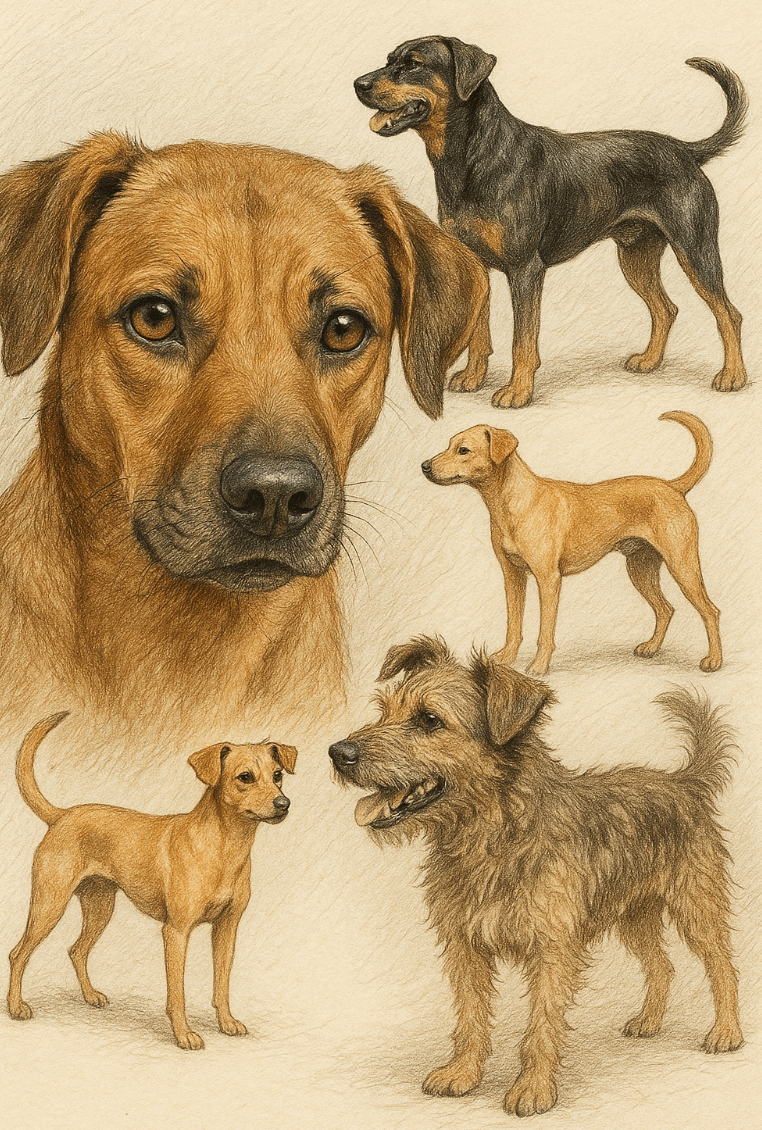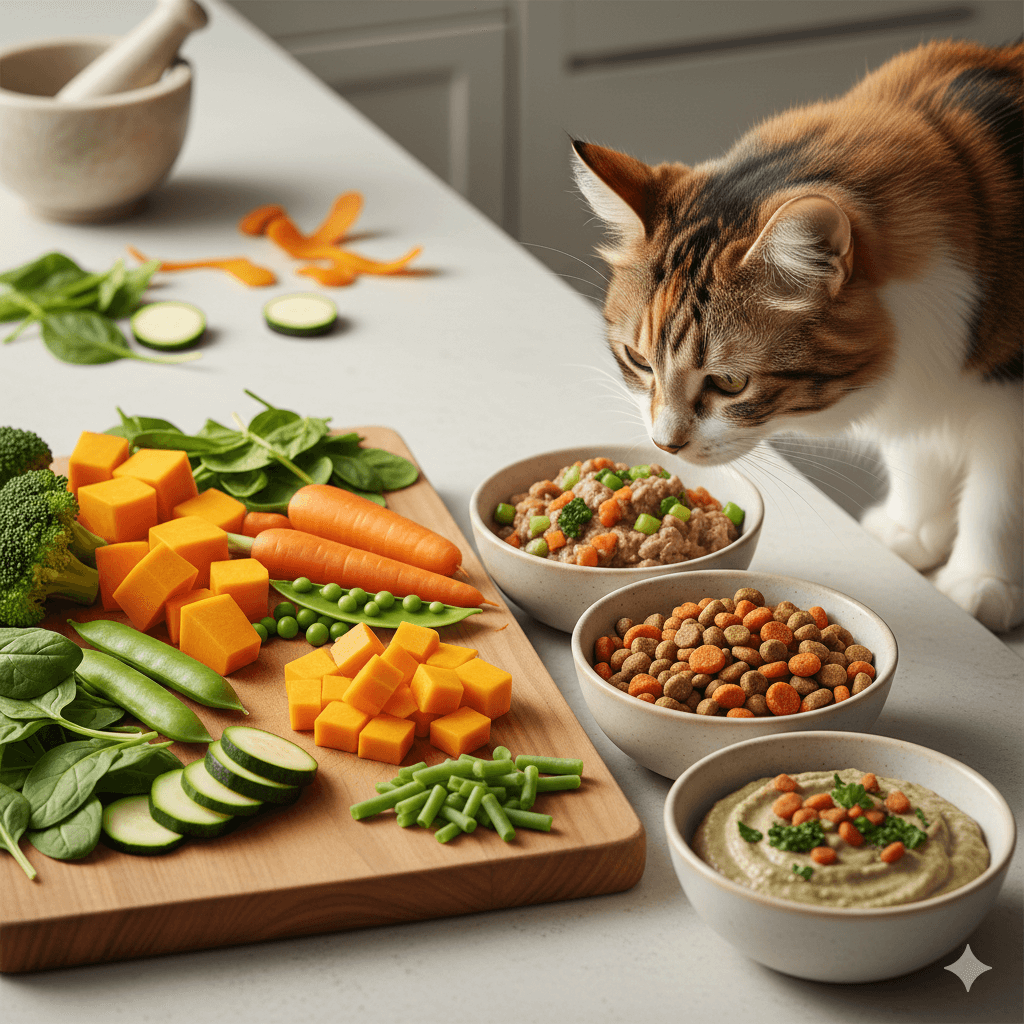Jamaican Dog Breeds: A Celebration of Heritage and Loyalty
When we think of Jamaica, vibrant culture, reggae music, and stunning landscapes often come to mind. However, the island is also home to unique dog breeds that reflect its rich history and diverse heritage. These Jamaican dog breeds are not only loyal companions but also symbols of resilience, adaptability, and strength. From working dogs bred for herding livestock to cherished family pets, these breeds embody the spirit of Jamaica. In this blog post, we’ll explore the fascinating world of Jamaican dog breeds, their origins, characteristics, and why they hold a special place in the hearts of dog lovers worldwide.
Popular Jamaican Dog Breeds You Should Know
Jamaica is home to several remarkable dog breeds, each with its own unique traits and history. Let’s take a closer look at some of the most well-known Jamaican dog breeds and what makes them stand out.
Jamaican Boerboel:
Known for their strength and protective nature, Jamaican Boerboels are descendants of South African Boerboels brought to the island by settlers.Potcake Dog:
A mixed-breed dog native to the Caribbean, Potcakes are named after the local dish often fed to stray dogs. They are intelligent, adaptable, and resilient.Rastafarian Sheepdog:
This breed was traditionally used by Rastafarian farmers to herd sheep and goats. Their agility and loyalty make them excellent working dogs.Jamaican Ridgeback:
Similar to the Rhodesian Ridgeback, this breed features a distinctive ridge of hair along its back and is known for its courage and hunting skills.Caribbean Hairless Dog:
A rare breed characterized by its lack of fur, the Caribbean Hairless Dog is believed to have ancient origins tied to indigenous cultures.
These breeds showcase the diversity and adaptability of dogs in Jamaica, reflecting the island’s unique environment and cultural influences.
Characteristics That Define Jamaican Dog Breeds
Jamaican dog breeds share certain traits that make them well-suited to the island’s climate and lifestyle. Understanding these characteristics helps us appreciate their role in Jamaican communities.
Heat Tolerance:
Many Jamaican breeds have adapted to the tropical climate, with short coats or even hairlessness to stay cool in high temperatures.Loyalty and Protection:
These dogs are fiercely loyal to their families and excel as guard dogs, protecting homes and livestock from threats.Intelligence and Trainability:
Breeds like the Potcake Dog and Rastafarian Sheepdog are highly intelligent, making them easy to train for various tasks.Versatility in Roles:
Whether herding animals, hunting, or serving as companions, Jamaican dogs are versatile and capable of fulfilling multiple roles.Resilience and Adaptability:
Many of these breeds have thrived despite challenging conditions, showcasing their ability to adapt to different environments.
These shared traits highlight the practicality and charm of Jamaican dog breeds, making them beloved members of households and farms alike.
Check this guide 👉English Dog Breeds: Best 7 Expert Tips!
Check this guide 👉Brachycephalic Dog Breeds: Best 7 Expert Tips!
Check this guide 👉Medium Energy Dog Breeds: Best 7 Expert Tips!

Jamaican Dog Breeds | Key Traits |
|---|---|
Jamaican Boerboel | Strong, protective, loyal |
Potcake Dog | Intelligent, adaptable, resilient |
Rastafarian Sheepdog | Agile, loyal, skilled at herding |
Jamaican Ridgeback | Courageous, skilled hunter, distinctive ridge |
Caribbean Hairless Dog | Rare, heat-tolerant, ancient origins |
Caring for Jamaican Dog Breeds
Owning a Jamaican dog breed comes with specific responsibilities to ensure their health, happiness, and well-being. Here are some tips to help you care for these unique companions.
Provide Adequate Shelter:
Ensure your dog has access to shade and fresh water to cope with Jamaica’s hot climate.Regular Exercise:
Most Jamaican breeds are active and require daily exercise to stay physically and mentally stimulated.Balanced Nutrition:
Feed your dog a diet rich in protein and nutrients to support their energy levels and overall health.Grooming Needs:
While some breeds, like the Caribbean Hairless Dog, require minimal grooming, others may need regular brushing to maintain their coat.Veterinary Care:
Schedule routine check-ups to monitor your dog’s health and address any breed-specific concerns promptly.
By meeting these care requirements, you can ensure your Jamaican dog thrives in its environment and remains a happy, healthy companion.
Why Jamaican Dog Breeds Make Great Companions
Jamaican dog breeds are more than just working animals—they are loving, devoted companions who bring joy and purpose to their owners’ lives. Here’s why they make excellent pets.
Strong Bond with Families:
These dogs form deep connections with their human families, offering unwavering loyalty and affection.Protective Nature:
Many Jamaican breeds are natural protectors, making them ideal for families seeking a reliable guardian.Low Maintenance:
Breeds like the Potcake Dog are known for their low-maintenance needs, adapting easily to various living conditions.Playful and Energetic:
Their playful nature makes them great companions for children and active individuals.Cultural Significance:
Owning a Jamaican breed allows you to celebrate and preserve the island’s rich cultural heritage.
With their unique blend of personality and practicality, Jamaican dog breeds are truly one-of-a-kind companions.
Training Tips for Jamaican Dog Breeds
Training a Jamaican dog breed requires patience, consistency, and an understanding of their unique traits. Follow these tips to ensure successful training sessions.
Start Early:
Begin training during puppyhood to establish good habits and build trust from a young age.Use Positive Reinforcement:
Reward desired behaviors with treats, praise, or toys to encourage repetition.Focus on Socialization:
Expose your dog to different people, animals, and environments to prevent fear-based aggression.Keep Sessions Short and Fun:
Jamaican breeds thrive on engagement, so keep training sessions brief and enjoyable to maintain their interest.Be Patient and Consistent:
Some breeds may take longer to learn commands, but consistency will yield positive results over time.
With dedication and kindness, training can strengthen your bond and bring out the best in your Jamaican dog.
Health Considerations for Jamaican Dog Breeds
Like all dogs, Jamaican breeds are prone to certain health issues that potential owners should be aware of. Addressing these concerns early ensures a long, healthy life for your pet.
Skin Sensitivity in Hairless Breeds:
Dogs like the Caribbean Hairless Dog may develop skin irritations and require sunscreen when outdoors.Joint Issues in Larger Breeds:
Large breeds, such as the Jamaican Boerboel, may be susceptible to hip dysplasia as they age.Parasite Prevention:
Fleas and ticks are common in tropical climates, so regular parasite control is essential.Dental Care:
Regular brushing and dental check-ups help prevent gum disease and tooth decay.Weight Management:
Overfeeding can lead to obesity, which exacerbates joint and mobility issues in active breeds.
By staying proactive about your dog’s health, you can enjoy many happy years together.
Preserving the Legacy of Jamaican Dog Breeds
As global interest in purebred dogs grows, it’s crucial to preserve the heritage of Jamaican dog breeds. Supporting conservation efforts ensures these unique dogs continue to thrive.
Promote Awareness:
Educate others about the history and significance of Jamaican breeds through community events or social media.Support Local Breeders:
Ethical breeders play a vital role in maintaining breed standards and genetic diversity.Adopt Instead of Shop:
Rescue organizations often have Jamaican breeds available for adoption, giving them a second chance at life.Document Their Stories:
Share stories and photos of Jamaican dogs to celebrate their contributions to culture and society.Advocate for Conservation Programs:
Encourage initiatives aimed at protecting endangered breeds like the Caribbean Hairless Dog.
By taking action, we can safeguard the legacy of these remarkable dogs for future generations to cherish.
Frequently Asked Questions About Jamaican Dog Breeds
Are Jamaican dog breeds good for first-time owners?
Yes, many Jamaican breeds, such as the Potcake Dog, are adaptable and suitable for beginners.
Do Jamaican Ridgebacks shed a lot?
No, Jamaican Ridgebacks have short coats and minimal shedding, making them relatively low-maintenance.
Can Caribbean Hairless Dogs live in colder climates?
While they can adapt, they require extra care, such as clothing, to stay warm in cold weather.
How do I adopt a Potcake Dog outside Jamaica?
Some rescue organizations specialize in rehoming Potcakes internationally. Research local shelters for availability.
Are Jamaican Boerboels aggressive?
Not inherently. With proper training and socialization, they are gentle giants who are protective yet loving.
Celebrating the Spirit of Jamaican Dog Breeds
Jamaican dog breeds are a testament to the island’s vibrant culture, resilience, and connection to nature. Whether you’re drawn to their loyalty, versatility, or unique appearance, these dogs offer something special for every dog lover. By understanding their history, characteristics, and care needs, we can honor the legacy of these incredible breeds while providing them with loving homes. Whether you’re considering adopting a Jamaican dog or simply admiring them from afar, their charm and spirit are sure to leave a lasting impression.
Can a Cat Be Tested for Rabies? Best 7 Expert Tips! – Learn if testing is possible, understand the process, and discover prevention tips to keep your cat safe from rabies.
Can a Dog Be Tested for Rabies? Best 7 Expert Tips! – Learn how rabies testing works, why it’s critical, and what every dog owner needs to know.
Best Vegetables for Cat Food: Best 7 Expert Tips! – Discover safe, nutritious veggies to boost your cat’s diet, support digestion, and enhance overall health naturally.
Best Vegetables for Dog Food: Best 7 Expert Tips! – Discover safe, nutritious veggies to boost your dog’s diet, support digestion, and enhance overall health naturally.





